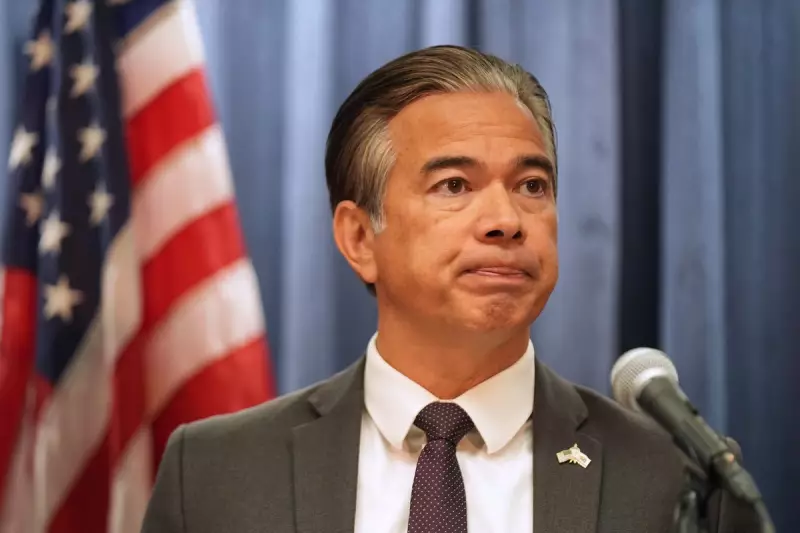
In a dramatic escalation of the battle against climate change, California has launched an unprecedented legal assault against some of the world's largest fossil fuel corporations. Governor Gavin Newsom announced the groundbreaking lawsuit targeting ExxonMobil, Shell, Chevron, and other major players in the oil industry.
The Allegations: Decades of Deception
The state alleges these corporate giants have engaged in a "decades-long campaign of deception" regarding the environmental impact of fossil fuels and plastics. According to court documents, companies deliberately misled the public about the dangers of climate change while actively suppressing scientific evidence.
"For more than half a century, Big Oil has been lying to us—covering up the fact that they've long known how dangerous the fossil fuels they produce are for our planet," stated Governor Newsom during the announcement.
Seeking Billions in Environmental Damages
The lawsuit represents one of the most significant legal challenges ever mounted against the oil industry. California is seeking potentially billions of dollars in damages to fund:
- Climate change adaptation and mitigation programs
- Coastal protection and restoration projects
- Public health initiatives related to pollution impacts
- Infrastructure upgrades to withstand extreme weather events
Plastic Pollution: The Hidden Crisis
Beyond climate concerns, the legal action specifically targets what officials describe as the "myth of plastic recycling." The complaint argues that oil companies promoted recycling awareness while knowing most plastic couldn't be effectively recycled.
"They convinced us that plastic was recyclable when they knew it largely wasn't," explained one state official. "This created an environmental catastrophe that continues to worsen."
Industry Response and Legal Precedent
ExxonMobil and other defendants have previously denied similar allegations, arguing that climate change policy should be determined by lawmakers rather than courts. However, this lawsuit builds on successful legal strategies used against tobacco and pharmaceutical companies.
Legal experts suggest this case could set a crucial precedent, potentially opening the floodgates for similar actions worldwide. "This isn't just about California," noted an environmental law professor. "It's about establishing corporate accountability for environmental harm on a global scale."
The outcome could fundamentally reshape how oil companies operate and force them to confront the full environmental cost of their products.





